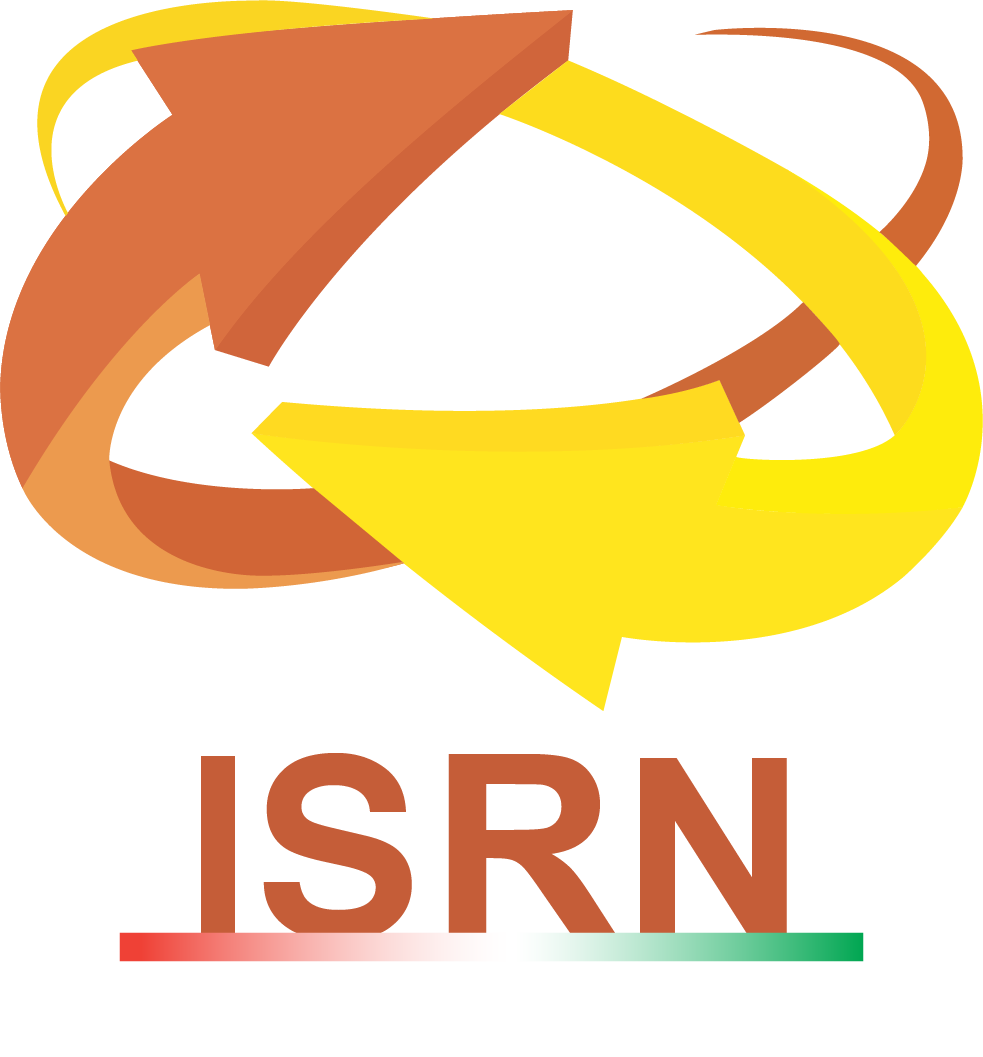The 8th India Water Week, held from September 17-20th, 2024 at Bharat Mandapam New Delhi, was a significant event organized by the Ministry of Jal Shakti. The theme for this year’s event, “Partnerships and Cooperation for Inclusive Water Development and Management,” highlighted the crucial role of collaboration among various stakeholders to ensure fair & efficient use of water resources. The event underscored the importance of working together to achieve sustainable water development & management goals.
During this prestigious event, the Indian Social Responsibility Network (ISRN) had the privilege of co-hosting a significant Practitioner Forum session under the guidance of Paryavaran Sanrakshan Gatividhi, along with the like minded organisations. The session focused on the theme “Water Prosperous World: Synergising Harit Actions for Ecological Sustainability and Human Well-being.” This carefully curated forum brought together experts, spiritual leaders, policymakers, and water management professionals from around the world to address the pressing global water crisis and share innovative strategies for sustainable water management. The program aimed to integrate India’s ancient water philosophy, cultural traditions, and innovative approaches to create a unified vision for water conservation and human well-being.
India has historically been a torchbearer of sustainable water practices. The event sought to educate people on how ancient Indian water philosophies, traditions, and cultural values could offer global solutions to water scarcity and ecological sustainability. At the heart of the discussion were topics like Jal Sanskriti (Water Culture), Panchmahabhut (Five Elements), community participation, and grassroots action for water conservation.
OBJECTIVES
- To explore the contribution of Indian water philosophy and cultural traditions to make the world water-rich.
- To promote a green approach to water conservation that balances human well-being with ecological sustainability.
- Highlighting India’s rich heritage in water management, emphasizing the cultural, spiritual, and social significance of water.
- Encourage greater community participation and spark mass movements for water conservation.
- Foster dialogues between policymakers, subject-matter experts, and the general public to drive effective water management solutions.
KEY TAKEAWAYS
The Practitioner Forum was a resounding success, uniting experts, policymakers, and spiritual leaders to address the critical challenges of water conservation. Several key takeaways emerged from the discussions:
- Holistic Approach: A comprehensive and integrated approach is essential for sustainable water management. Combining modern technology with ancient wisdom can offer unique and effective solutions.
- Community Participation: Grassroots movements and public participation play a pivotal role in driving large-scale change in water conservation efforts. Local communities must be empowered to take the lead.
- Spiritual and Cultural Integration: Water conservation efforts must include a spiritual and cultural dimension, recognizing water as sacred and fostering respect for natural resources.
The event provided a dynamic platform for exchanging ideas, fostering dialogue, and generating innovative solutions for addressing the global water crisis. Through continued collaboration and collective action, ISRN remains committed to building a water-prosperous world that harmonizes ecological sustainability with human well-being.
